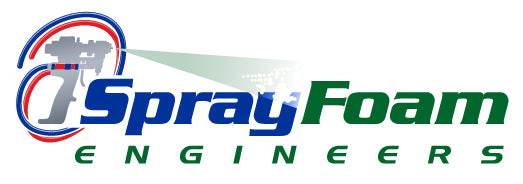$1,500.00
The course that we currently offer will provide interpretation of the standards for both the Building Analyst (and Envelope Professional when applicable), with the intent to prepare students for the written and field certification exams. This training will focus on the building sciences related to the physics and control strategies for air, heat and moisture. This includes instruction in the proper use of pressure differentials as a diagnostic tool, and the use of established analytical testing equipment such as blower doors, manometers, flow meters, infrared cameras, carbon monoxide and combustible gas sensors, to analyze and correct building performance issues. Several BPI health and safety standards relating to proper venting of combustion appliances, establishing correct building airflow standards for occupants, and controlling moisture and other indoor pollutants will be explored, along with the science behind these standards.
The 5 days of training per student is a combination of classroom, laboratory and field exercises designed for persons with no knowledge of construction or building science, however, some prior home performance experience is a plus. Reading from the following textbooks will be recommended and highly encouraged:
Students should be equipped with a standard calculator and a laptop computer (special accomidations can be made for those who do not have access to a laptop). Any additional diagnostic equipment they care to bring for instruction or comparative purposes is welcome. The training will be followed by written and field exams for duel certifications of Building Analyst and Envelope Professional. Students will individually demonstrate their skills and knowledge in the subject areas of building systems analysis, identification of potential health and safety issues, installation standards for recommended energy upgrades, and performance features of the optimized building envelope. All written and field exams will be supervised by accredited BPI proctors.
The Building Performance Institute was established to assure that contractors serving the home performance industry possess the skills and knowledge necessary to provide their customers safe and efficient energy related services. BPI is nationally recognized by the American National Standards Institute, Inc (ANSI) to establish standards and best practices for the home performance industry, and to certify home performance professionals as Building Analyst, Envelope Professional, Heating Professional, Air Conditioning and Heat Pump Professional, and Multi-family Specialist. Many federal, state and utility initiatives require BPI certifications for contractor participation in energy efficiency projects.
Sign up to get the latest on sales, new releases and more …
Phone: +1 702-381-3133
Email: Tom@sprayfoamengineers.com
© 2025 Spray Foam Engineers.
